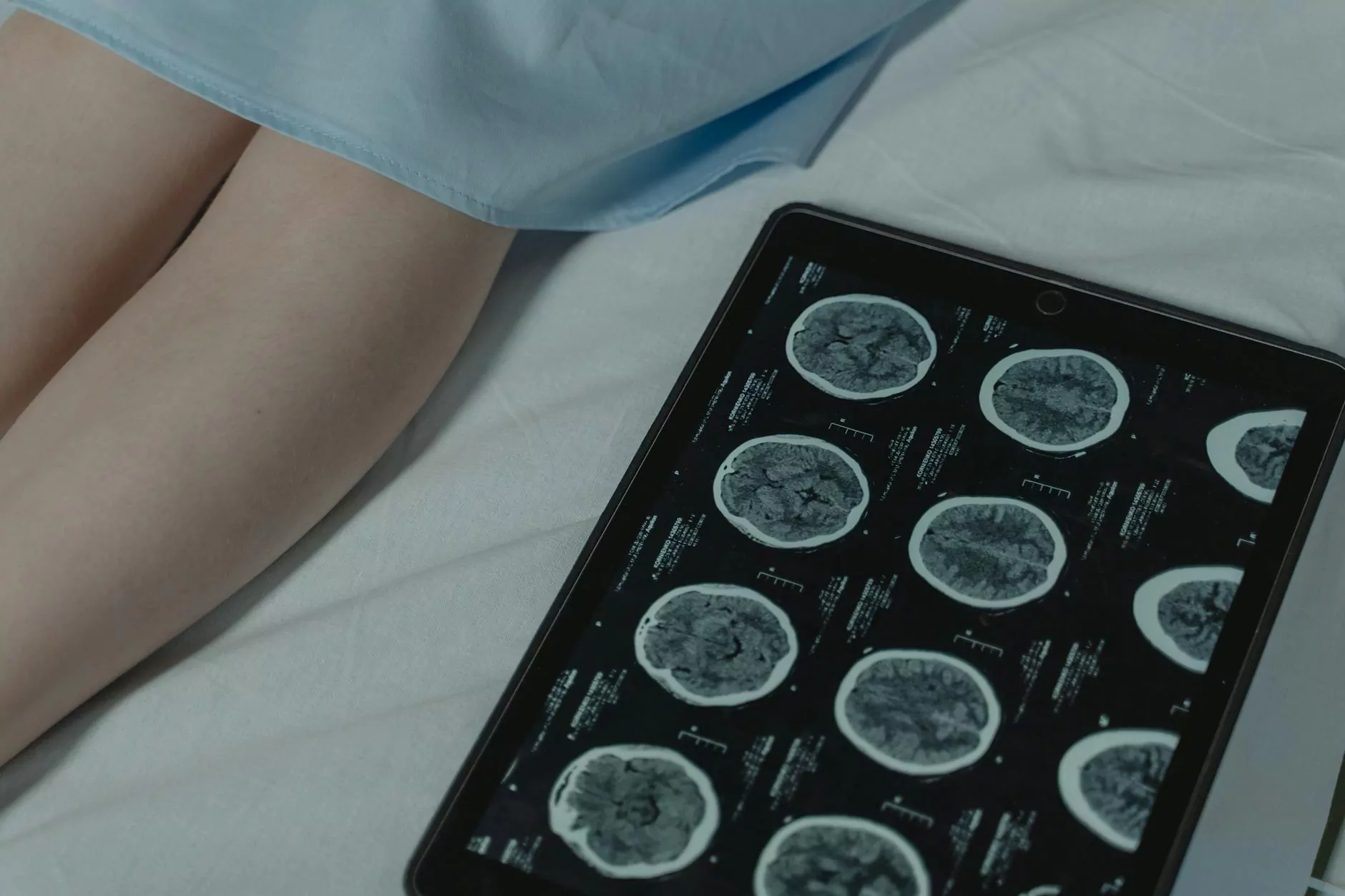Factors That Contribute to Secondary Hypertension

Welcome to Greenstem Clinic's blog post on the factors that contribute to secondary hypertension. We aim to provide you with detailed information so that you can better understand this condition and the various factors that can lead to its development. By exploring these factors, you will be equipped with the knowledge necessary to make informed decisions about your health and seek appropriate medical assistance when needed.
Understanding Secondary Hypertension
Hypertension, commonly known as high blood pressure, is a condition characterized by elevated blood pressure levels. While primary hypertension arises without any identifiable cause, secondary hypertension is directly linked to an underlying health issue or external factor. It is essential to identify and address these factors to effectively manage and treat secondary hypertension.
Common Factors Contributing to Secondary Hypertension
1. Kidney Problems:
The kidneys play a crucial role in regulating blood pressure. Conditions such as kidney disease, chronic kidney infections, and kidney artery stenosis can all contribute to secondary hypertension. Greenstem Clinic specializes in diagnosing and treating kidney-related conditions, working towards reducing the impact of secondary hypertension.
2. Hormonal Imbalances:
Hormonal imbalances, particularly those affecting the adrenal glands, can lead to secondary hypertension. Conditions like hyperaldosteronism or Cushing's syndrome can disrupt the normal functioning of hormones involved in blood pressure regulation. Our expert endocrinologists at Greenstem Clinic are well-versed in identifying and treating these hormonal imbalances, ensuring effective management of secondary hypertension.
3. Endocrine Disorders:
Endocrine disorders such as hypothyroidism or hyperthyroidism can contribute to secondary hypertension. These conditions affect the thyroid gland, which plays a vital role in regulating metabolism and blood pressure. Our experienced endocrinologists at Greenstem Clinic can provide comprehensive care and treatment for these disorders, addressing their impact on secondary hypertension.
4. Medications:
Certain medications, such as nonsteroidal anti-inflammatory drugs (NSAIDs), birth control pills, decongestants, and some antidepressants, have been linked to secondary hypertension. It is important to consult with a healthcare professional if you suspect that your medication may be contributing to your high blood pressure. Greenstem Clinic's team of experienced physicians can assess your medication regimen and make necessary adjustments to manage secondary hypertension effectively.
5. Obstructive Sleep Apnea:
Obstructive sleep apnea, a sleep disorder characterized by interrupted breathing during sleep, has been associated with secondary hypertension. Our sleep specialists at Greenstem Clinic can conduct sleep studies and offer appropriate treatment options to help mitigate the impact of sleep apnea on your blood pressure.
Seek Professional Help at Greenstem Clinic
If you are experiencing symptoms related to secondary hypertension, it is crucial to seek professional medical assistance. At Greenstem Clinic, our team of highly skilled physicians and specialists can provide accurate diagnoses, individualized treatment plans, and ongoing support for managing secondary hypertension effectively.
Don't let secondary hypertension control your life. Take control of your health by understanding the contributing factors and seeking appropriate medical intervention. Contact Greenstem Clinic today to schedule an appointment and take the first step towards managing your hypertension and improving your overall well-being.









